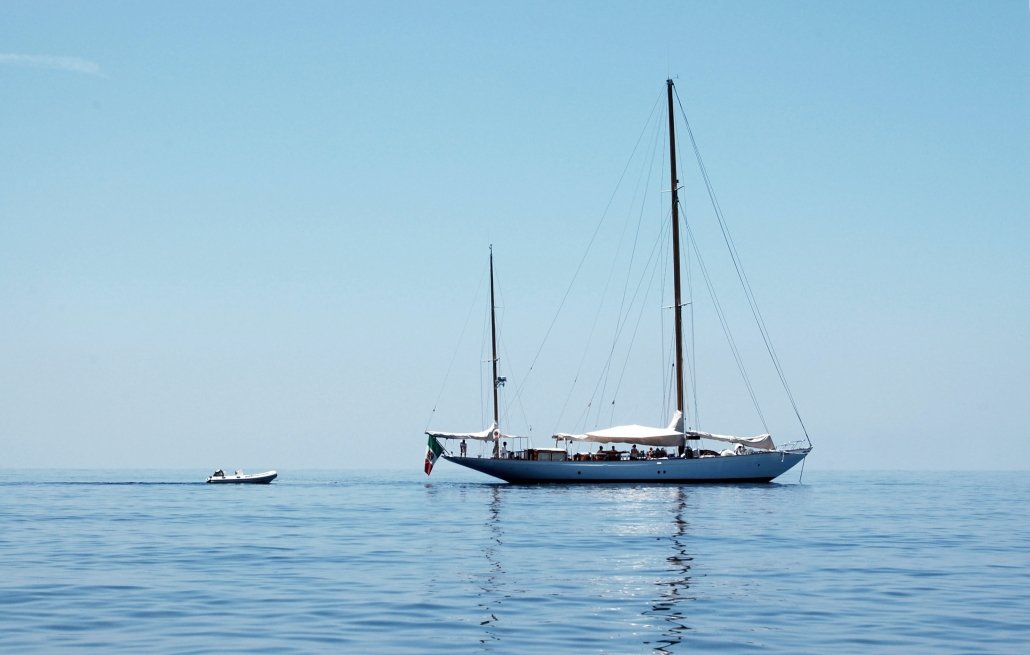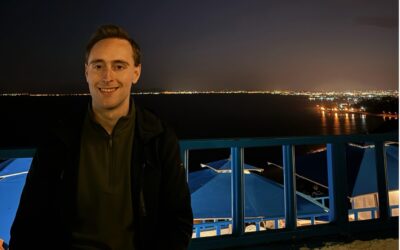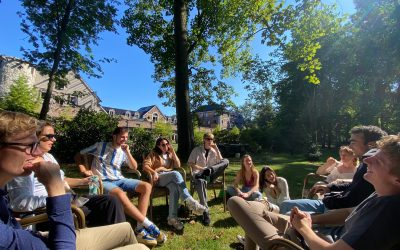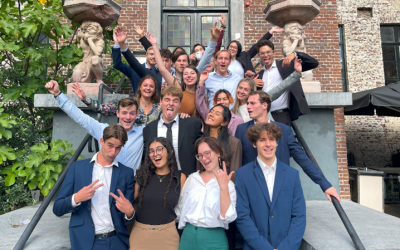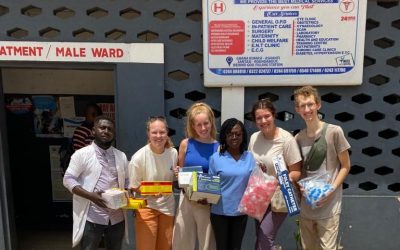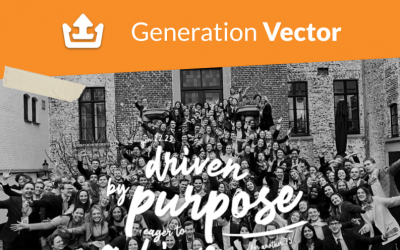In her blog last month, Anne wrote that educating yourself about your environmental footprint is a first step in contributing to a more sustainable world. Several websites can help you with this, for example, pages that show the environmental impact of clothing brands, the ethicality of brands, or this website that visualises the impact of flying.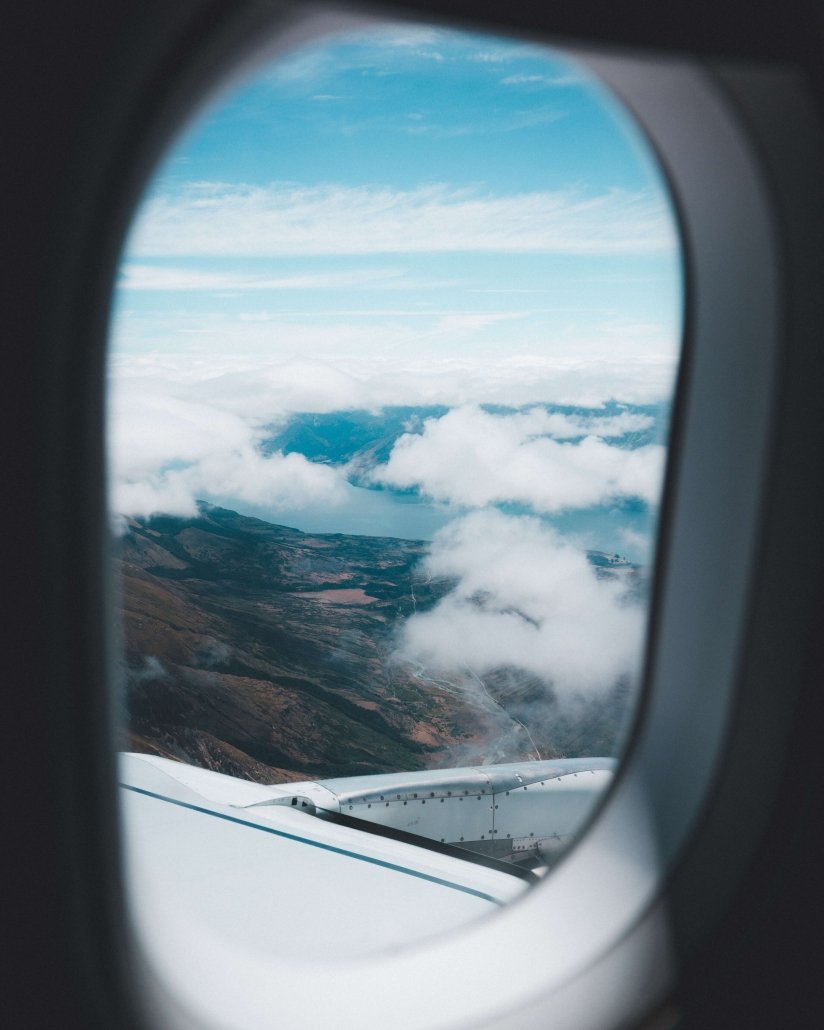
What stands out in our environmental footprint is the impact of flying. I had always known flying was bad for the environment, but I justified it by knowing I eat little meat and rarely travel by car. However, when I read this article a few years ago, I was shocked. It shows how a round trip to New York has the same impact on the environment as eating one thousand Big Macs!
Luckily, there are ways to reach almost every corner of the world without stepping into one airplane. Admittedly, they may be a little impractical and time-consuming, but it will surely be an experience. Therefore, while waiting for the lockdown to lift and the world to open, dream away with these adventurous ways of seeing the world without having to fly!
Public transport within Europe
Travelling by land through modern, nearby and connected Europe is really easy. Although cheap and fast flying options are tempting, other ways of public transport are also increasingly affordable, accessible and comfortable to use. I love to travel by train or bus as you see a lot of the landscape and if you travel by night, it can 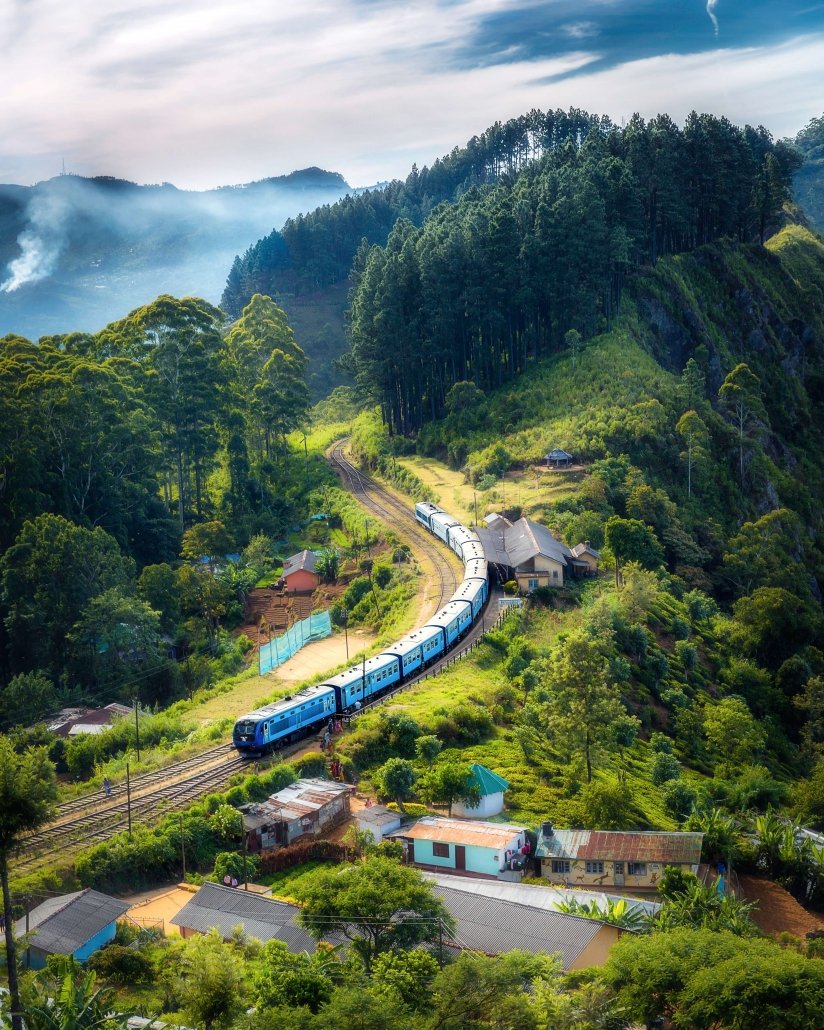 even save you time. Take a look at the websites of Flixbus or Interrail, for example, to plan your next trip!
even save you time. Take a look at the websites of Flixbus or Interrail, for example, to plan your next trip!
Travelling to Asia by train
When going outside of Europe, we get to the more adventurous part of travelling by alternatives to flying. East Asia, for example, lies very far away from us. Still, we are connected to it by land. Therefore, you can reach it by railway. The longest uninterrupted train journey stretches from Portugal to Vietnam and spans 17000 km. Part of it is the Trans-Siberian Express, which is on the bucket list of many travellers. It takes you from Moscow to Beijing in six days. This is a long ride, but if you travel for weeks or even months anyway, it might be worth it!
Crossing the Atlantic
A few decades ago, it used to be common to go to the Americas by boat. Still, crossing the Atlantic with a ship as you can lift on a cargo ship is possible. Getting to New York from Le Havre in France will take around a week. This Dutch travel show gives you thisthis Dutch travel show, and you get an impression of how that looks.
Sailing around the world
As you might have heard, climate activist Greta Thunberg uses sailing boats to travel between continents. Even if you are not a famous environmental activist or own a boat, travelling this way is possible. Some platforms match people looking for free crew on their sailing boats with travellers.
In short, not flying is a very effective way to spare the environment. At the same time, I love travelling and would find it difficult to give up. If you are like me and you strive to see as much of this world as possible, I hope this has given you an idea of how you can do so, all the while working on reducing your footprint while doing so.
Hi, I’m Lea. Currently, I am the National Marketing Director of AIESEC in The Netherlands.
We offer international voluntary projects and professional internships to develop leadership in youth. You can read more about leadership-related topics here.

